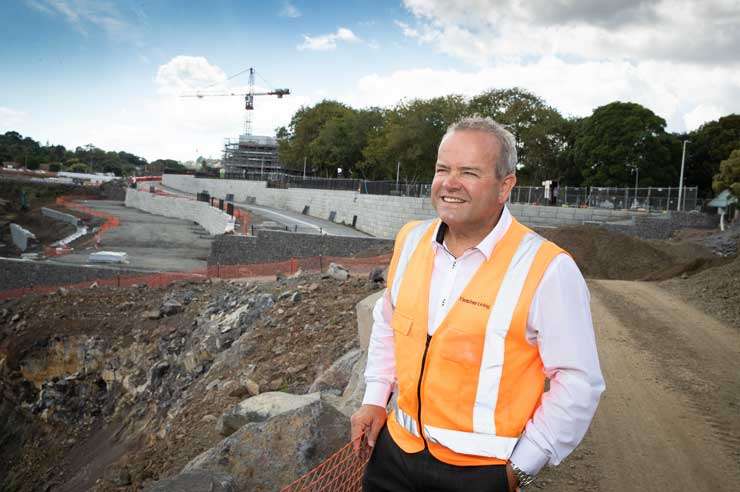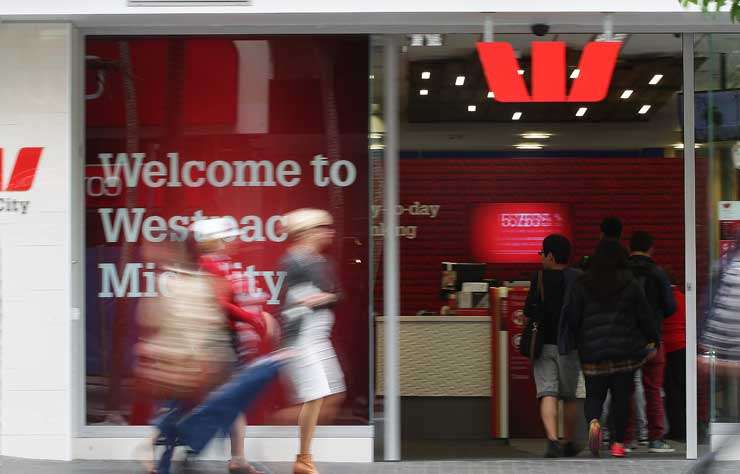Hundreds of first home buyers have been approved for a new shared ownership scheme, allowing them to buy homes they couldn’t previously afford.
The first four homes in the First Home Partner scheme run by government’s housing arm, Kāinga Ora, have settled and another 36 have signed sale and purchase agreements.
Kāinga Ora’s head of home-ownership, Jason Lovell, said 2700 Kiwis had applied for the scheme and so far, more than 400 has been assessed as eligible.
Shared ownership enables first home buyers to purchase a majority share in a new home, with Kāinga Ora owning the minority share and listed on the property title as the co-owner.
Start your property search
The scheme is aimed at Kiwis who have a low deposit or are unable to service a bigger mortgage. To be eligible, applicants need to have a deposit of at least 5% and have bank approval.
Buyers are not limited to KiwiBuild-priced homes, although income caps mean they can mostly only afford modestly priced new ones. “We will support anything that the bank was willing to [lend on],” Lovell said.
Kāinga Ora can buy up to 25% of the home, or $200,000, whichever is lower. Lovell said Kāinga Ora’s contribution can either be used as a deposit or at settlement.
The first purchases made using the scheme were in Christchurch and Auckland.
Lovell said it had two banks on board, BNZ and Westpac, and a “few others in the pipeline”.
Westpac NZ acting general manager of institution and business banking Andrew Bashford said the bank was proud to partner with Kāinga Ora on the framework “to help make this possible”.
He said: “We know saving enough for a deposit is one of the biggest barriers to buying a first home.”
The scheme was launched last year but attracted criticism over the additional clauses made to standard sale and purchase agreements by Kāinga Ora.
Gary Gordon, managing director of development firm Solution Street, said it tried to make the scheme work with some of its buyers in Karaka but the additional sale and purchase agreement clauses were a stumbling block.
“We use our sales to get our own funding. Some of the conditions in the contract that they required would make our sales non-compliant [with financiers],” he said.

Steve Evans, chief executive of Fletcher Living, says shared ownership is the “right solution”. Photo / Greg Bowker
That included conditions such as the client having the right to cancel if the home was 5% smaller than agreed. With most standard contracts, the price is adjusted accordingly. Developers can’t borrow to build with such contracts, “because lenders see that as too risk,” Gordon said.
“[Kāinga Ora has] had a second go at it. The first contract was more challenging, and now they’ve rewritten it and tried to water down some of their requirements to make it easier for us as developers.”
Steve Evans, chief executive of Fletcher Living, said his organisation was supportive of the scheme.
Evans, who previously headed a UK housing fund called First Base, which provided shared ownership to key workers in London, who otherwise couldn’t afford to buy, said: “In my experience in the UK through shared ownership is absolutely one of the best pathways.”
The sale and purchase agreement requirements have also been a temporary hold-up for Fletcher Living as its lawyers go through Fletcher’s sale and purchase agreement to make it compliant. “We are already working with KO to work out the best way of that occurring. That is certainly where we want it to go. Because it's the right solution to some of the homeownership problems.”

Westpac is one the two major banks backing the scheme. Photo / Doug Sherring
Lovell said the ultimate aim was to have home-owners buy out Kāinga Ora’s share, adding that it was important to note that Kāinga Ora wasn’t providing a loan to buyers. If the property’s value goes up, so did the amount owed to Kāinga Ora to buy out its share , he said.
Mortgage adviser Stuart Wills, who runs the Kiwi First Home Buyers Group on Facebook, said private shared ownership schemes such as YouOwn had worked for buyers in the past.
However, he is concerned that buyers won’t be able to get independent advice from mortgage advisers because the loans are only offered directly by the banks. The other drawback to the scheme, he said, was that buyers have to choose a new home – they can’t buy an existing property, which may suit some people.
The requirement that buyers pay back Kāinga Ora's contribution within 15 years could be a problem if their life circumstances had changed and they couldn’t borrow to cover the increased value of Kāinga Ora’s share of the home.
Twenty-nine-year-old lawyer Chris Connell, is one of the first Kiwis to buy through the scheme. “I first thought this could be a good thing for our clients.” But then he realised it could be his own path to home ownership and “jumped in there”.
“The information that Kāinga Ora needed was very similar to the information Westpac needed anyway and the portal was quite self-explanatory,” he said.
Connell owns 76% of a home in Hereford Street, Christchurch City Centre, and Kāinga Ora 24%. The First Home Partner contract requires that he buy out Kāinga Ora’s share within 15 years.
Moving in in early March felt surreal . “It took me a few weeks to realise that I actually own the place. Because you’re just not used to it. After flatting and living at home for so long and realising that you actually own this takes a while to get used to. Knowing you can stay here as long as you want to. No-one's going to kick you out. The rent’s not going to change and you don’t need to worry about inspections. Even though you’ve got a mortgage, it’s less stressful.”





































































